International Women’s Day
The International Women’s Day Lecture is an annual event organised by the Thabo Mbeki Foundation in partnership with the Thabo Mbeki School of Public and International Affairs
The event celebrates the achievements of women and promotes gender equality in Africa and beyond.
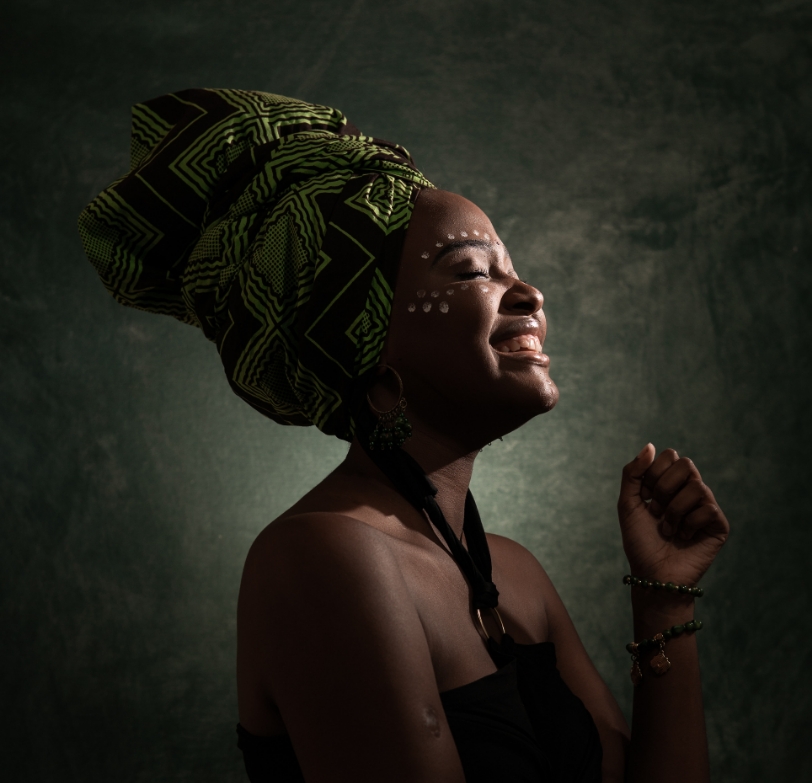
Flagship events
International Women’s Day
International Women’s Day is celebrated in many countries around the world. It is a day when women are recognized for their achievements without regard to divisions, whether national, ethnic, linguistic, cultural, economic or political. International Women’s Day first emerged from the activities of labour movements at the turn of the twentieth century in North America and across Europe. 1909 The first National Woman’s Day was observed in the United States on 28 February. The Socialist Party of America designated this day in honour of the 1908 garment workers’ strike in New York, where women protested against working conditions.
Flagship events
The Growing Movement
Since those early years, International Women’s Day has assumed a new global character for women in developed and developing countries alike. The growing international women’s movement, which has been strengthened by four global United Nations women’s conferences, has helped make the commemoration a rallying point to build support for women’s rights and participation in the political and economic arenas. 1910 The Socialist International, meeting held in Copenhagen, established a Women’s Day, international in character, to honour the movement for women’s rights and to build support for achieving universal suffrage for women.
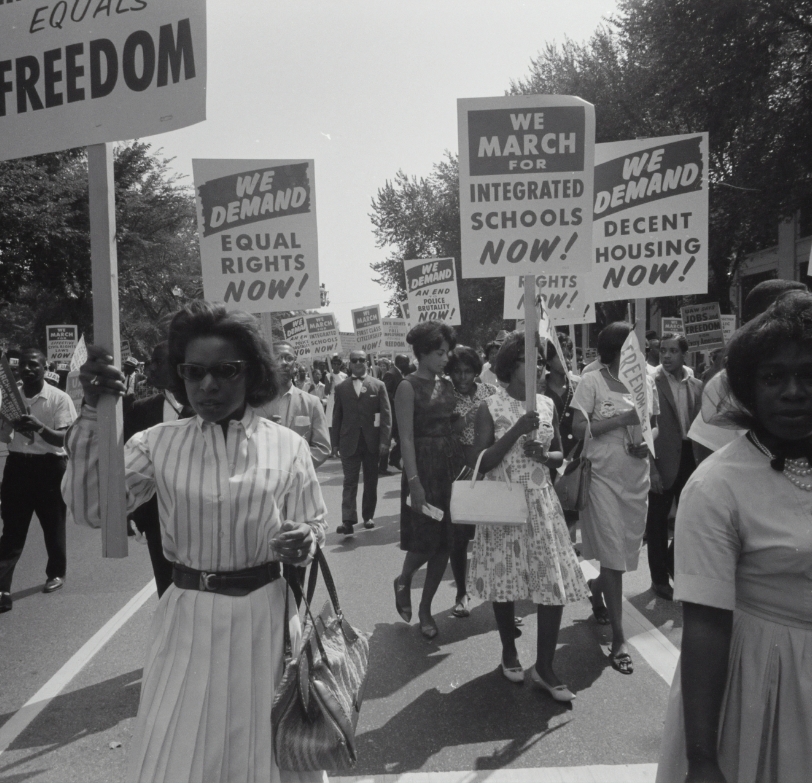
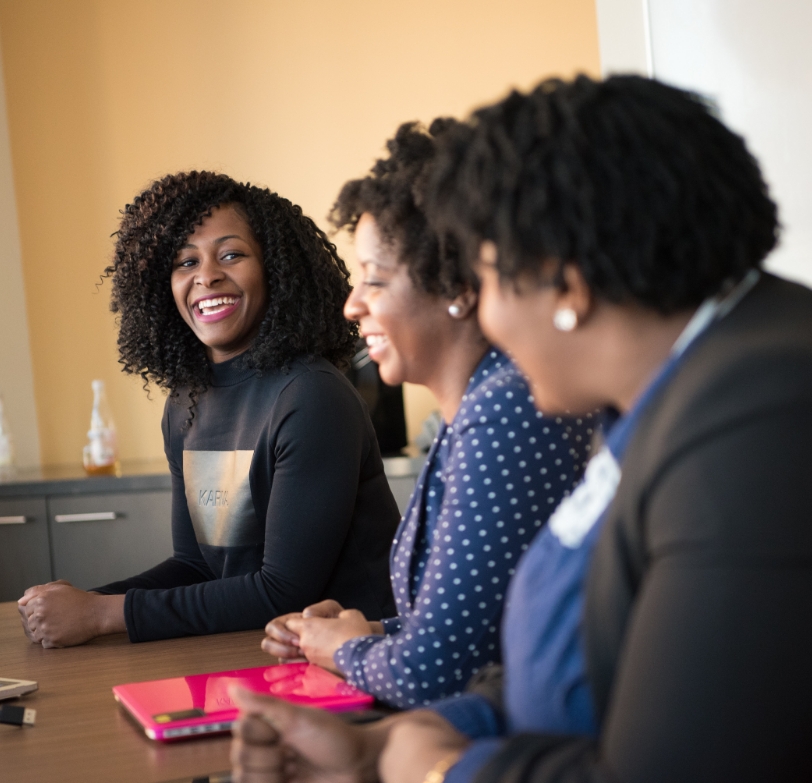
Flagship events
Women’s Empowerment
It was in 1975 during International Women’s Year, the United Nations began celebrating International Women’s Day on 8 March and all participating countries and organisations adopted the 8th March as the day to celebrate women achievements, protest for women rights as well as creating platforms to discuss critical issues related to gender equality and women’s rights — focused on. These included discussion on “Challenges and achievements in the implementation of the Millennium Development Goals for women and girls” mostly championed by the UN Status on Women galvanising support for progress in meeting the eight Millennium Development Goals (MDGs). The MDGs have played an important role in galvanizing attention on and resources for gender equality and women’s empowerment.
Flagship events
Creating a historical legacy for women
The Charter of the United Nations, signed in 1945, was the first international agreement to affirm the principle of equality between women and men. Since then, the UN has helped create a historic legacy of internationally-agreed strategies, standards, programmes and goals to advance the status of women worldwide.
Over the years, the UN and its technical agencies have promoted the participation of women as equal partners with men in achieving sustainable development, peace, security, and full respect for human rights. The empowerment of women continues to be a central feature of the UN’s efforts to address social, economic and political challenges across the globe.
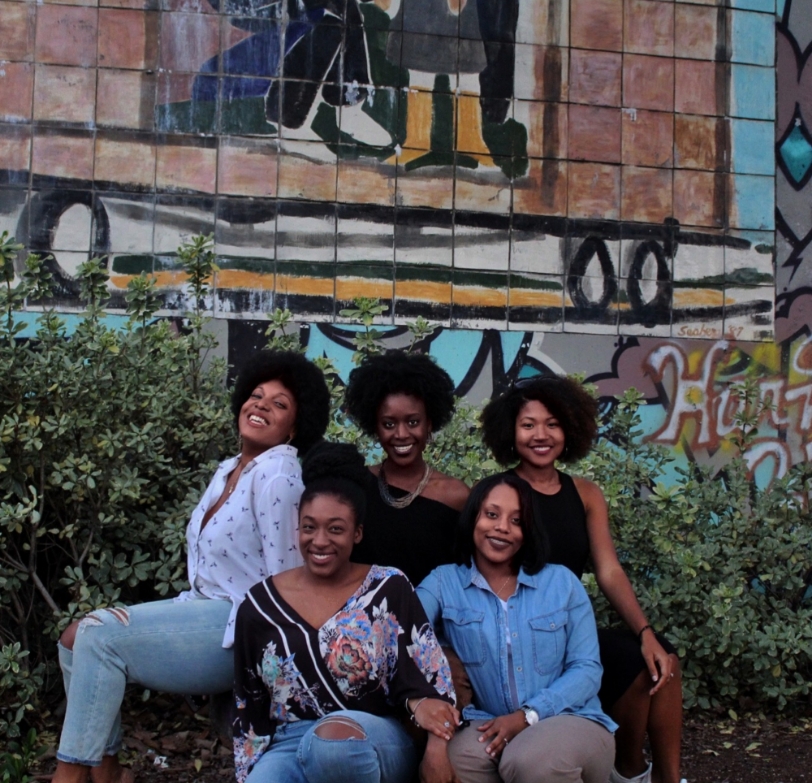
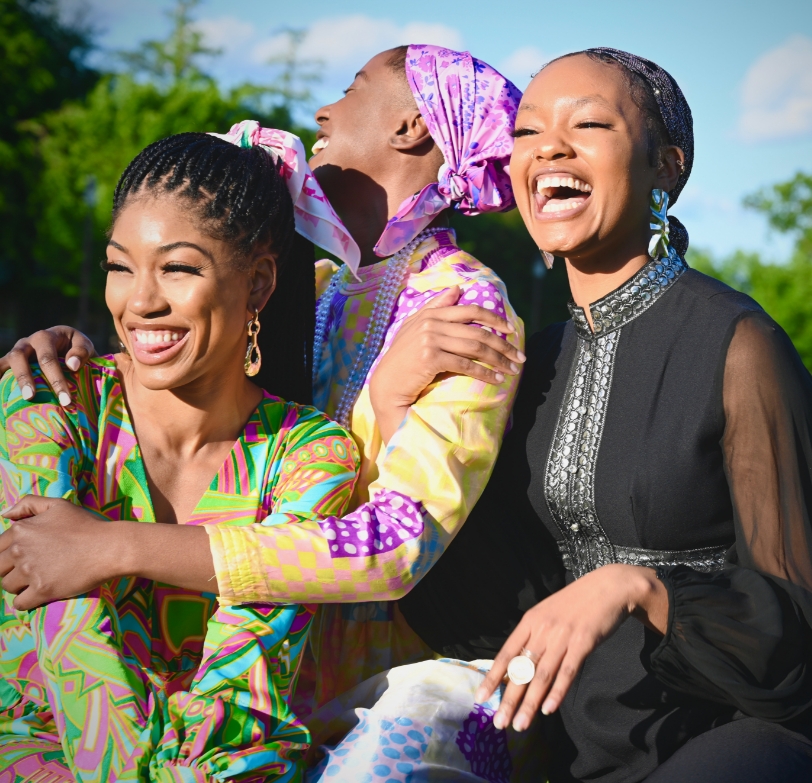
Flagship events
International Women’s Day Event
The Thabo Mbeki Foundation’s event features a range of activities and initiatives aimed at highlighting the challenges faced by women in Africa and promoting solutions to these challenges. The event brings together women from different sectors and backgrounds, including business leaders, academics, activists, and politicians.
One of the main objectives of the event is to provide a platform for women to share their experiences and insights on various issues affecting women in Africa. Participants discuss a range of topics, including economic empowerment, women’s health, education, and political participation. The event also features a keynote speech from a prominent leader who provides inspiration and guidance to the attendees.
Flagship events
Inspiring women to become leaders
The theme for the 2023 event was congruent with the UN Women theme, “Innovation and technological change, and education in the digital age, for achieving gender equality and the empowerment of all women and girls.”
Through the event and other women-oriented events, the Foundation hopes to inspire women to become leaders in their communities and to work towards a more just and equitable society for all.

Flagship events
Agenda 2023
International Women’s Day
Programme Director: Ms Geraldine Fraser-Moleketi
Opening and Welcome Remarks: Prof Puleng LenkaBula Principal and Vice Chancellor
Women’s Empowerment Centre: Ms Blessing Mawire Thabo Mbeki Presidential Library Content Manager
Key-Note Address: Dr. Wanjiru Kamau-Rutenberg
Panel discussion 1: Technology and Innovation
Facilitator: Charmaine Houvet , Senior Director Government Affairs,Cisco Africa
Panelists:
Smangele Nkosi: General Manager and Country Lead for SA ,Cisco Marion“Amy”Diettecrich: Director of the Global Challenges Division ,WIPO Barbara Copelovici: Entrepreneuship Director SAB
Comfort break
Panel discussion 2: Food Security
Facilitator: Naledi Moleo
Panelists:
Elizabeth Makandawire: Network and Research Manager for Food Systems Research Network University of Pretoria Ms Bongiwe Jobe: Agricultural Engineer ( Msc Agric Ing) Dr Malan Naude: Member of the Agricultural Research Council of SA
Show and Tell:
Garden of Life: Mr Steven Barnard Got Game: Ms Martine Solomon One Acre Fund : Cisco Beneficiary
Closing remarks by Programme Director
Vote of Thanks
Previous Lecturers
The TMF has hosted the International Women’s Day Lecture since 2010. The previous lecturers and their topics were:
